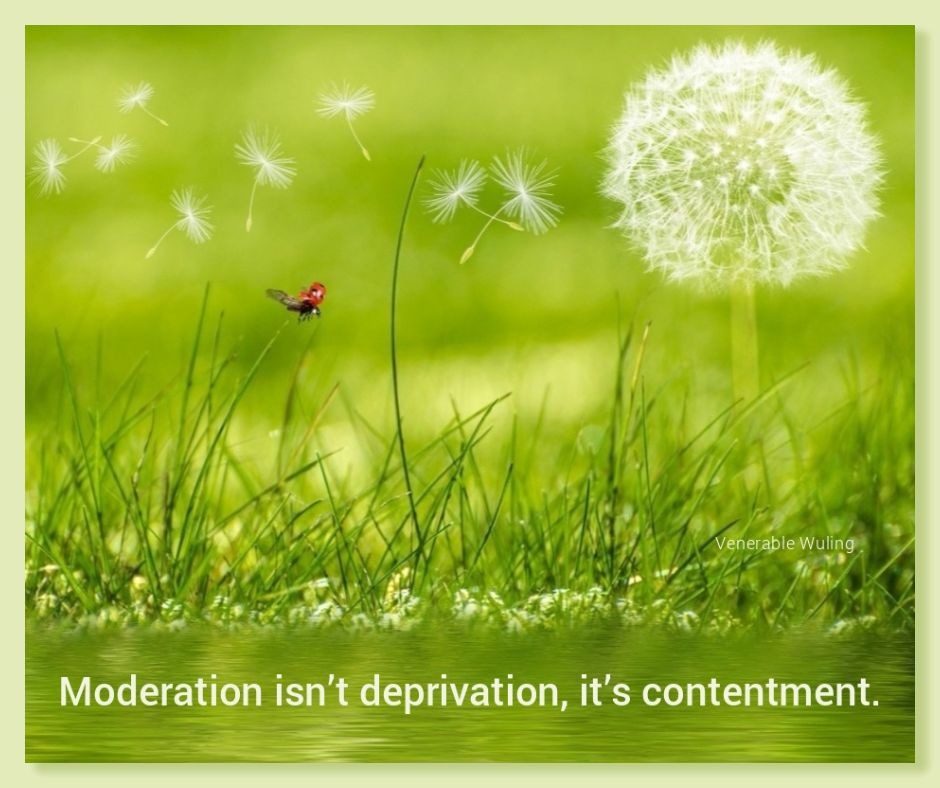 April 23, 2018
April 23, 2018
I will be teaching and leading a retreat at Buddhist Insights in New York City from May 10th to 14th. For information please see http://buddhistinsights.com.
 April 22, 2018
April 22, 2018 People with great authority
need great wisdom.
Those of us who do not wield much influence over others should be grateful. And immensely relieved. Saying or doing something inept, any harm we do is limited in scope. And so at least the damage we could do is minimized.
But consider those who, due to position and wealth, do affect the lives of untold numbers of people.
Terrifying! Unless they act from empathy and wisdom, from the heart of selflessness, they will act from arrogance. And intolerance. And fear. These are not the qualities of greatness; they are the instruments of discord.
The more far-reaching the authority, the more extensive the harm, the more intense the pain. At such times, and indeed at all times, we each need to blink, step back, and then examine what lies at the heart of our own actions.
Discerning the possibilities that lie within our own small sphere of influence, we can then join the ranks of those who alleviate, not inflict, pain.
 April 18, 2018
April 18, 2018 Recognizing enmities is the first step.
Transforming them, the second.
It happens in an instant.
We meet someone, and seemingly unfounded feelings overwhelm us. We don’t like him. We don’t trust him. He didn’t do anything, and yet we pull back.
Actually, such feelings are founded. They’re triggered by causes planted in the store consciousness. Though we’re in a different lifetime, we intuit our old enmity. And we take up where we left off: distrusting, disliking, even hating.
Having recognized an enmity, we need to transform our averse feelings because the last thing we want is to have bitter feelings intensify. How do we transform our feelings? By reminding ourselves we’re living different lives now. Perhaps our enmity arose from a misunderstanding. What if it was all a mistake? We know we were both ignorant. The other person may still be, but we know better now. We realize what can happen when an enmity worsens.
For both our sakes, we need to let go of the past and find a way back to normalcy.

